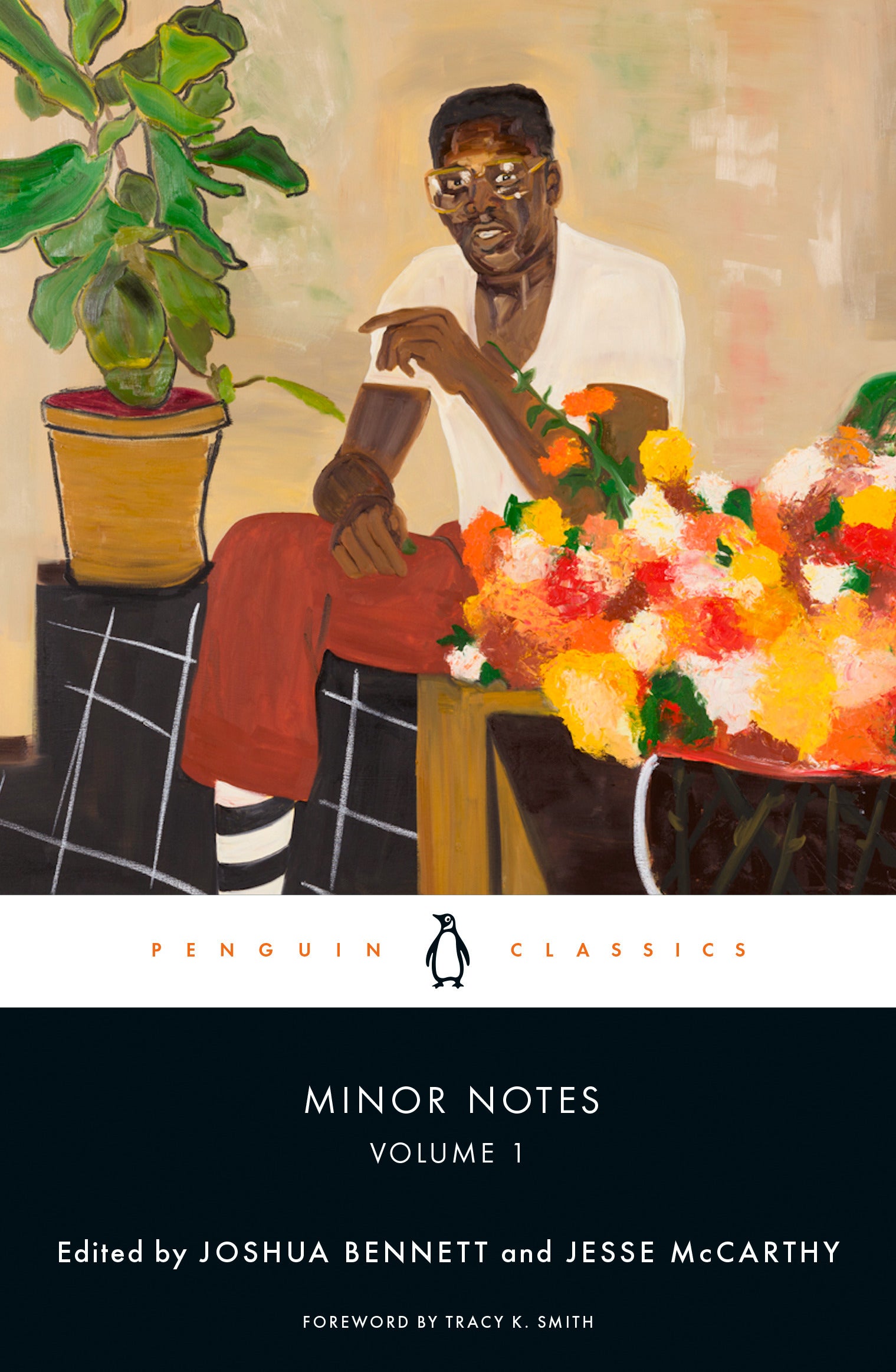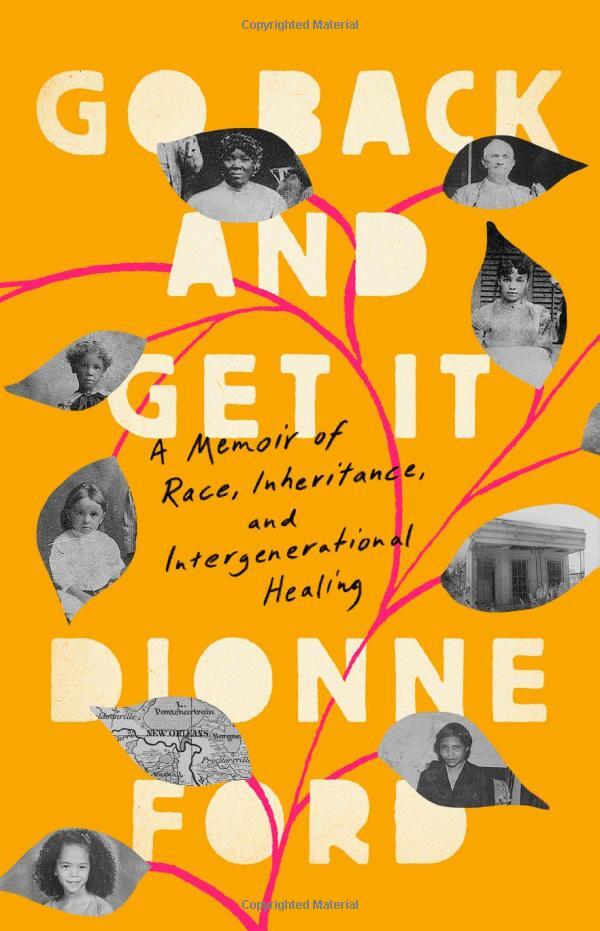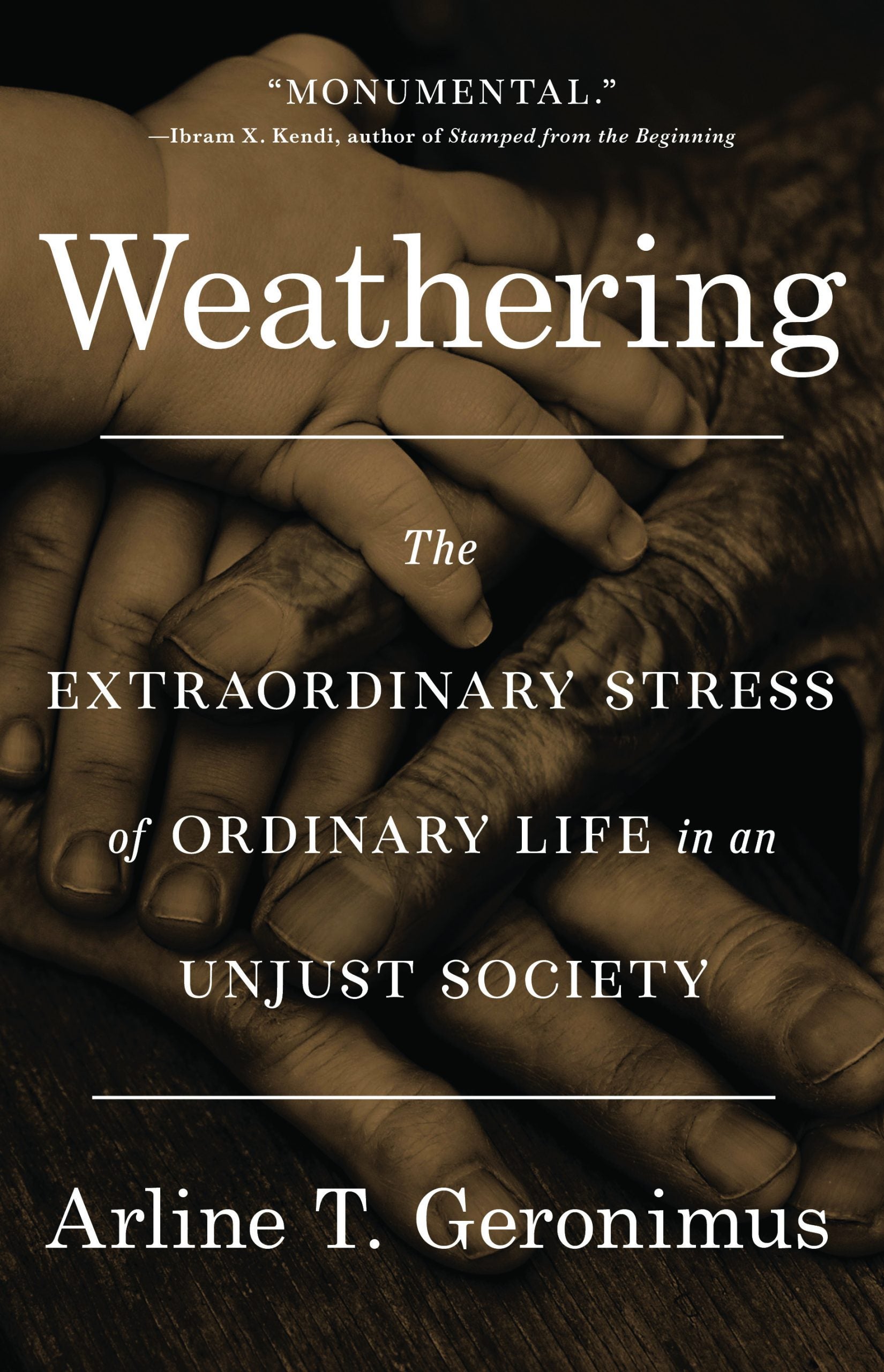With a new month comes a new batch of books from African American authors. These titles take a l0ok back in the past to guide its characters into a better future.
*This article originally appears in the March/April 2023 issue of ESSENCE magazine on newsstands now.
The first in a series recovering the out-of-print words of Black poets whose work shaped the 19th and 20th centuries, Minor Notes, Volume 1 (Penguin Classics, $16) draws a bright line between the creations of the past and those of today’s bards. Curated by Joshua Bennett and Jesse McCarthy, while featuring a foreword from former poet laureate
Tracy K. Smith, the book centers clear, resonant voices—like that of Angelina Weld Grimké’s, who ruminates joyfully on the beauty of living in a Black body.
On his 37th birthday, Ozro Armstead walked out the front door of his home in a northern suburb of Detroit and never came back, cleaving the lives of those who loved him into before and after. Anissa Gray’s Life and Other Love Songs (Berkley Hardcover, $27) moves back and forth through time and changes perspective as Armstead’s wife and daughter slowly unearth the life he left behind. This novel wields themes of generational trauma, class and race as pickaxes, excavating a Black family’s history and making room for the future to bloom.
When Dionne Ford found a photo of her ancestors online, it sparked a seven-year voyage to uncover the stories of the people in it—including her great- great-grandfather (a plantation owner) and great-great-grandmother (an enslaved woman on that plantation). Go Back and Get It: A Memoir of Race, Inheritance, and Intergenerational Healing (Bold Type Books, $28) chronicles her physical and emotional journey, exploring the ways racist trauma manifests not just in society but also in families.
In their essay collection Letters to a Writer of Color (Random House, $17), Deepa Anappara and Taymour Soomro cultivate a community for melanated readers and
the writers who create for them. These 17 craft-focused pieces touch on everything, from the freedom that comes with a strong sense of self to telling stories no one is prepared to hear. The unifying thread is a pulsing need to construct a world where we are rendered whole and vivid on the page.
In Weathering: The Extraordinary Stress of Ordinary Life in an Unjust Society (Little, Brown Spark, $30), public health activist and scientist Arline T. Geronimus, Ph.D., draws on her research to shine a light on what it means to age as a Black person in the United States. She coined the term “weathering” in 1992 to describe the ways systemic oppression damages Black women’s bodies over time. In her book, she takes her hypothesis a step further to examine specific impacts—from disproportionate COVID-19 deaths to rising maternal- mortality rates.





